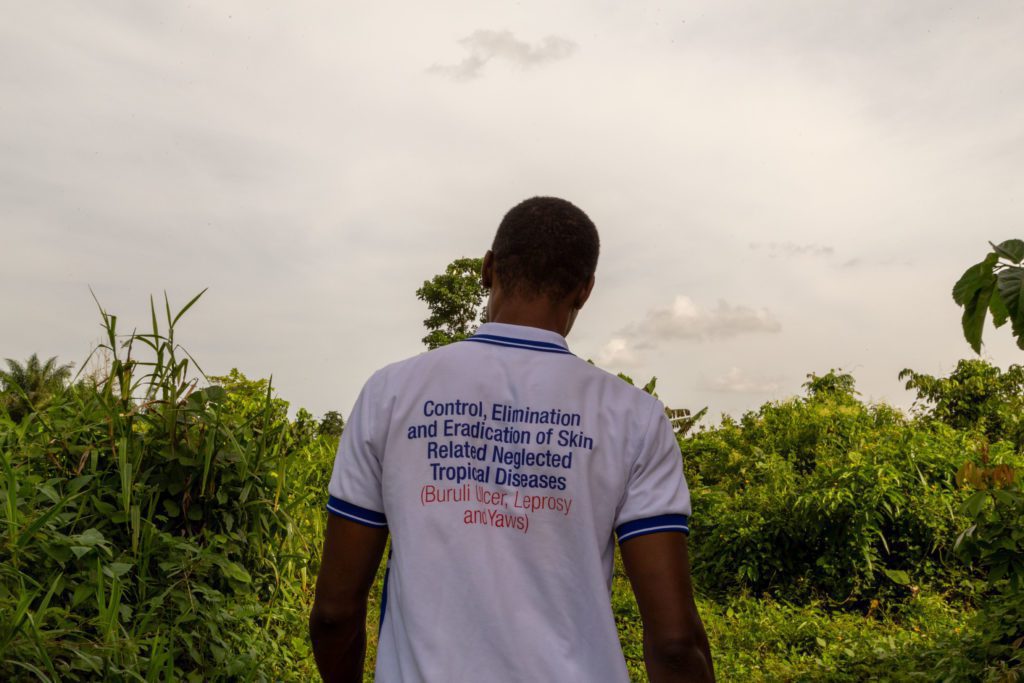The lack of interest in pursuing the diagnosis and treatment of neglected diseases can be explained by matters relating to healthcare policies, economic interests, and social aspects.
Neglected Tropical Diseases (NTDs) are forgotten diseases because there is hardly any research into them. Currently, just 10% of global R&D resources are invested in diseases affecting 90% of the population, including NTDs. This reality hampers their effective diagnosis and treatment, and affects the wellbeing and development of millions of people from impoverished backgrounds.
Inadequate healthcare policies for diagnosis and treatment of NTDs
The underfunding of research into neglected diseases starts with the weak planning or commitment of the governments of NTD endemic countries. Often this lack of attention from policy-makers towards these health problems is possibly due to the fact that NTDs affect people who do not tend to exercise their individual political power; this means that these diseases are linked to neglected populations. These populations are unaware of their rights and do not have the agency capacity to demand policies that are effective against NTDs from those in power.
One solution to this lack may come from processes that demand transparency and accountability from governments. Some countries such as Togo or Benin are promoting the mapping of the distribution of NTDs within their territory, with the assistance of development organizations. This first step can improve detection and allows the establishment of clear objectives and targets.
With regard to the low investment in research and development for drugs to combat NTDs, this is not just the fault of the pharmaceutical industry. The public policies of some endemic countries ought to prioritize these actions to complement detection and to explore safe, effective, and cheaper treatments.






